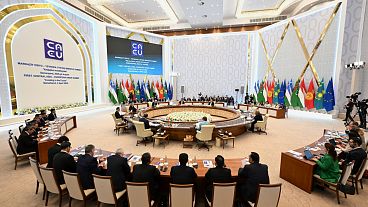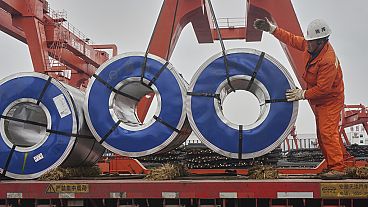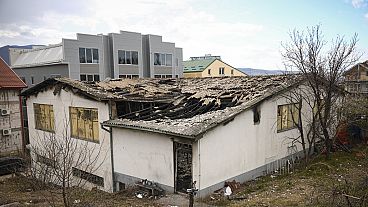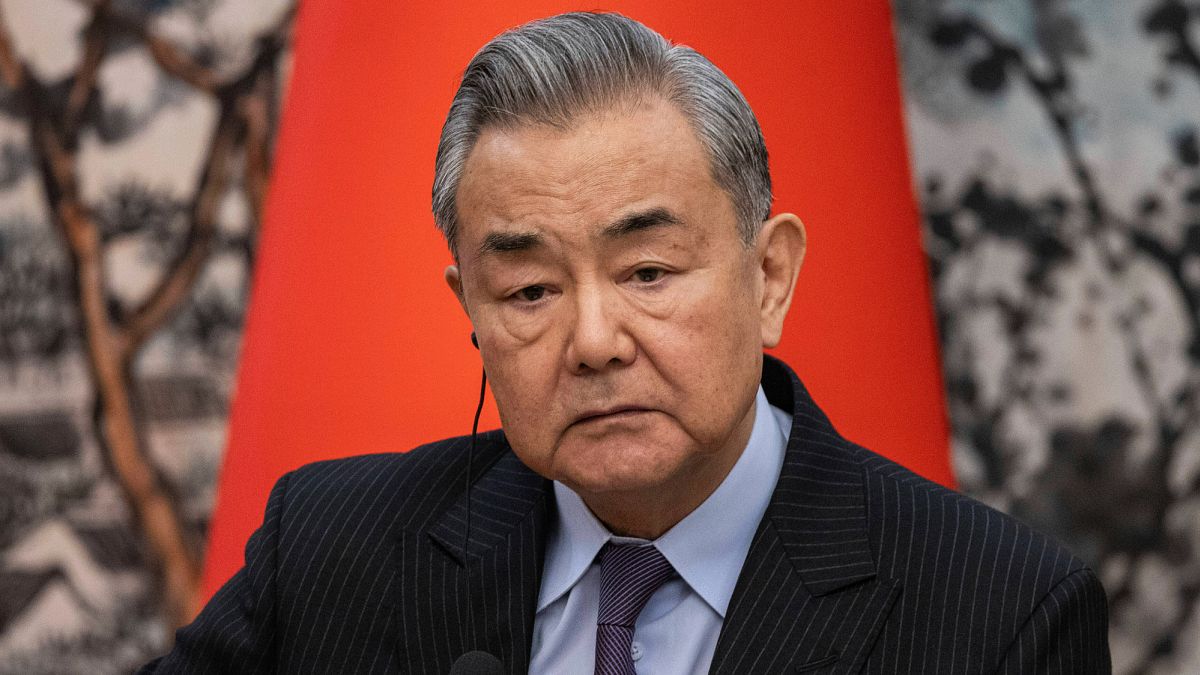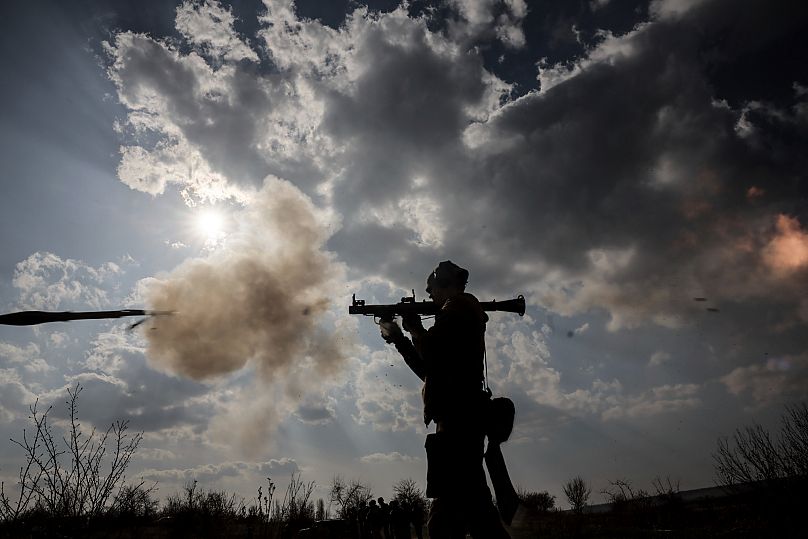While Beijing has publicly maintained a neutral stance, China continues to provide diplomatic and economic support to Russia.
China's Foreign Minister Wang Yi has arrived in Moscow for high-level discussions with his Russian counterpart Sergei Lavrov.
Wang is due to meet Lavrov on Tuesday, with talks expected to cover strategic cooperation and international issues, according to Chinese officials.
The visit comes just days after Ukraine and Russia agreed in principle to a limited ceasefire, after conversations with US President Donald Trump.
But the timing of Wang's visit has been overshadowed by uncertainty surrounding that proposed truce, including its implementation, duration and its scope.
Trump, who played a role in facilitating recent communications between Ukrainian President Volodymyr Zelenskyy and Russian President Vladimir Putin, struck a critical tone on Sunday.
"There's tremendous hatred" between the two leaders, Trump said, adding he was "angry" and "pissed off" that Putin had questioned Zelenskyy’s credibility.
While Trump claimed "we're making a lot of progress," his remarks also revealed growing tensions within NATO, including strained relations with Canada, now also entangled in a trade dispute with the US.
China, meanwhile, has maintained its public position of neutrality on the Ukraine conflict.
But Beijing has also provided diplomatic backing and economic support to Russia since the full-scale invasion of Ukraine began over three years ago.
At a press briefing, Chinese Foreign Ministry spokesperson Guo Jiakun said that China's relationship with Russia "does not target a third party and should not be affected by any third party."
"We always believe that dialogue and negotiation are the only viable way out of the crisis," Guo said.
While China's announcement of Wang's visit did not mention Ukraine directly, it emphasised efforts to "deepen back-to-back strategic coordination" and "expand practical cooperation" with Russia, particularly in regional and international matters.
This support includes trade in energy and consumer goods, but Beijing has refrained from supplying arms or military expertise and instead provided a vague peace proposal, widely dismissed by analysts.
Additionally, North Korean leader Kim Jong-un last week expressed his solid support for Russia's war in Ukraine during a meeting with a top Russian security official in Pyongyang.
This follows South Korean intelligence reports from February suggesting that North Korea had sent additional troops to Russia in response to heavy casualties among Russian forces.

